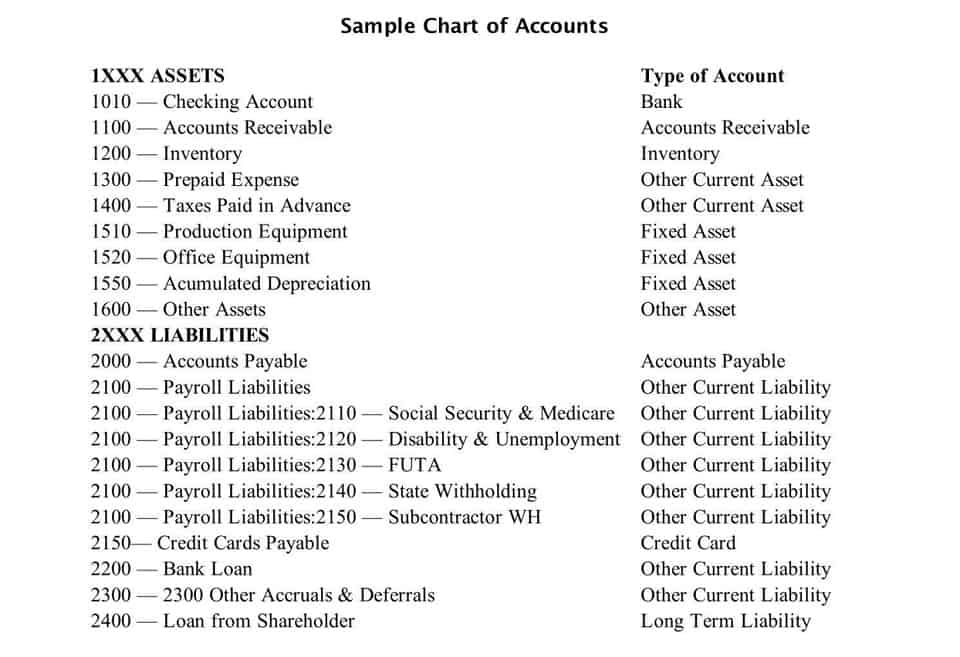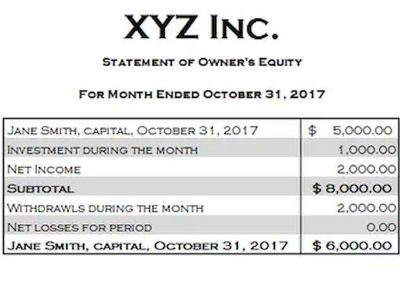
Any differential between the investment account balance and the parent’s share of the subsidiary’s equity is used to adjust additional paid-in capital and retained earnings. Those opting for the proportional consolidation method do so because it provides more detailed and accurate reports. This method allows each entity to understand the operational efficacy of the joint venture, including things like production costs and profit margins. Simply put, the CFO and FP&A departments Bookstime will join the parent company’s numbers with the subsidiaries’ numbers to present accurate and complete pictures of an org’s financials. Consolidating accounts payable is a standard accounting practice used to reduce costs, improve cash flow, and streamline operations. It combines multiple payment streams into one while maintaining the accuracy of the financial records.

Next Steps: Finding the Right Tools for Consolidation Accounting

Understanding these consolidated meaning in accounting purposes is crucial to grasp the significance of consolidation in the accounting world. In simple terms, consolidation in accounting refers to the method of aggregating financial information from different entities within a corporate structure to present a consolidated or combined financial statement. This consolidated statement provides a holistic view of the financial health and performance of the entire group, rather than assessing individual entities in isolation. In some circumstances, such as a spinoff or new acquisition, the parent company may call for a change in consolidated statements. Noncontrolling interest is shown as a separate component of equity on the consolidated balance sheet.
Income statement & cash flow statement

Financial accounting consolidation works with companies that own more than 50% shares of the subsidiary company. Consolidated financial statements are used when the parent company holds a majority stake by controlling more than 50% of the subsidiary business. If a parent company holds less than a 20% stake, it must use equity method accounting. Neglecting to include the subsidiaries’ transactions on the financials of the parent company does not give the necessary transparency to investors or depict an accurate financial position. As a result, uniform accounting policies have strict requirements in place for companies with investment entities and subsidiaries. Financial consolidation software helps you create consolidated financial management reports.
- The consolidation pattern in price movements is broken upon a major news release that materially affects a security’s performance or the triggering of a succession of limit orders.
- The equity method of consolidation is used when the parent owns 20% to 50% of the subsidiary company.
- This process takes a lot of time because it needs careful attention to detail and constant checking for mistakes or differences that could affect the end product’s accuracy.
- As part of the agreement, CVS Health intended to rebrand the pharmacies operating within Target stores, changing the name to MinuteClinic.
- It serves several important objectives that are essential for accurate financial reporting and decision-making.
- ABC International has $5,000,000 of revenues and $3,000,000 of assets appearing in its own financial statements.
What Does Consolidated Mean in Financial Statements?
- In the process, a balance sheet is prepared in which all the results of the subsidiaries and the parent company are included.
- These are just a few examples of tools available for accounting consolidation projects.
- For example, its consolidated financial statement breaks out its businesses by Insurance and Other, then Railroad, Utilities, and Energy.
- They can even look into a consolidation loan or other forms of consolidation to find what works best.
- The purpose is to present financial information for the group as a single economic entity.
For example, if Company A purchases Company B, it must consolidate the financial statements from both companies into one complete set of financial statements. This method eliminates the need for double-entry bookkeeping because all of the transactions from both companies are recorded as if they were one company. It means combining all of the subsidiaries’ assets and liabilities, eliminating any intra-group transactions, and adjusting for ownership interests between entities. In finance and economics, consolidation means combining two or more companies, assets, liabilities, or other financial things into one. It is essential for businesses that want to cut costs, work more efficiently, and better manage their money.

The Bottom Line Consolidation is a process of combining several businesses or organizations into one more prominent organization. The consolidation is important for a group to present its group-wide financial situation bookkeeping in a transparent manner. Banks can also get a better picture of the group’s financial situation when granting loans.
- When a parent company acquires a subsidiary, any excess purchase price over the fair value of the subsidiary’s net assets is recorded as goodwill.
- A consolidated financial statement is a group of financial statements of a parent company and its divisions and/or subsidiaries.
- For instance, it may wrap a high-interest credit card payment into a more reasonable home equity line of credit (HELOC).
- Consolidated companies make it easier for the parent company to manage its financial accounts and financial assets.
- It is essential to understand which category your company is in so that your finance departments report to the appropriate consolidation standards meant for your organization and its branches.
- A subsidiary is a company controlled by another entity, known as the parent company.
Assessing Liquidity and Solvency through Consolidated Statements
Consolidation can take many forms depending on the goals of the organization engaging in it. For example, if two companies wish to combine their operations into one larger entity, they may do so through a merger. With the help of consolidation, the group can better see how it is positioned financially.

Consolidation in Technical Analysis and Trading
- Consolidation in accounting refers to the process of combining the financial statements of a parent company and its subsidiary entities.
- If Company A has assets worth £1,000,000, Company B has assets worth £300,000 and Company C has assets worth £500,000, the consolidated balance sheet shows assets worth £1,800,000.
- Financial accounting consolidation works with companies that own more than 50% shares of the subsidiary company.
- Consolidation accounting also helps companies comply with regulations requiring consolidated reporting for publicly traded firms.
For example, if Parent Co. acquires Subsidiary Co. for $1 million, and Subsidiary Co. has net assets with a fair value of $700,000, there would be $300,000 of goodwill generated from the acquisition. This could happen due to the sale or disposal of a controlling interest, among other reasons. Any retained interest in the former subsidiary is measured at fair value at the date control is lost, which then becomes its new carrying amount. In conclusion, consolidation is a term used in accounting to describe merging two or more entities into a single larger entity. Consolidation of business entities is a standard accounting practice that impacts the information included in a balance sheet.
